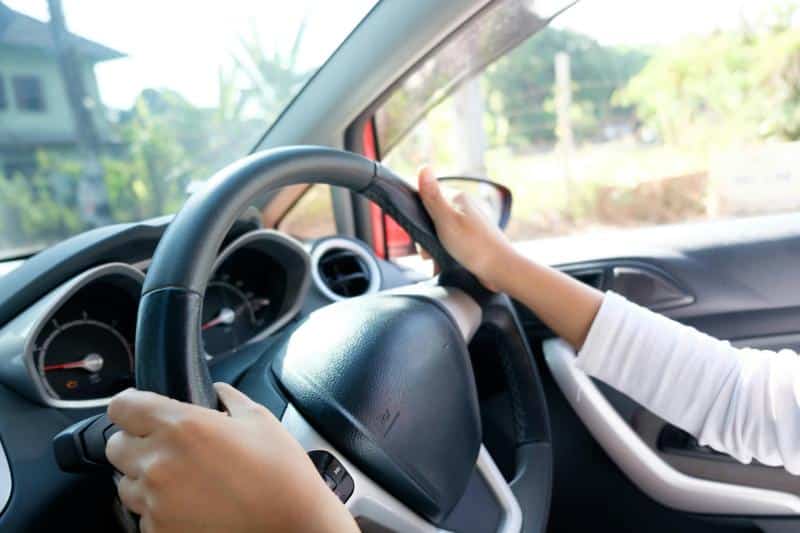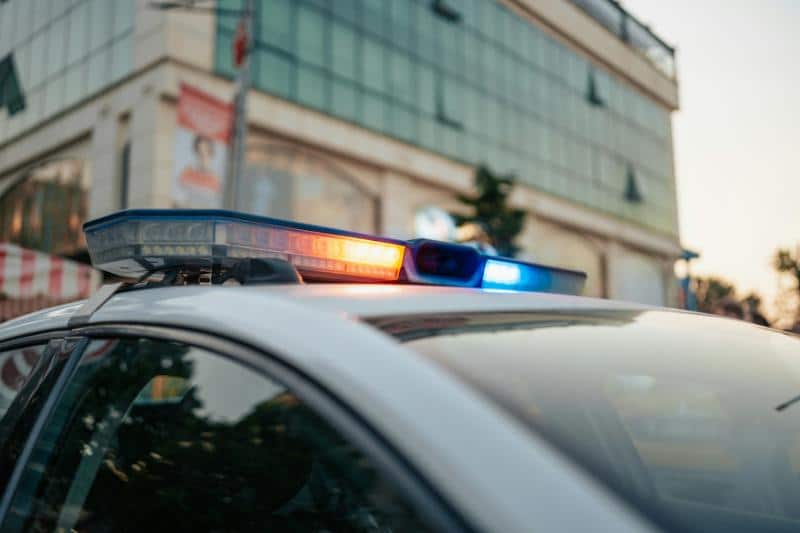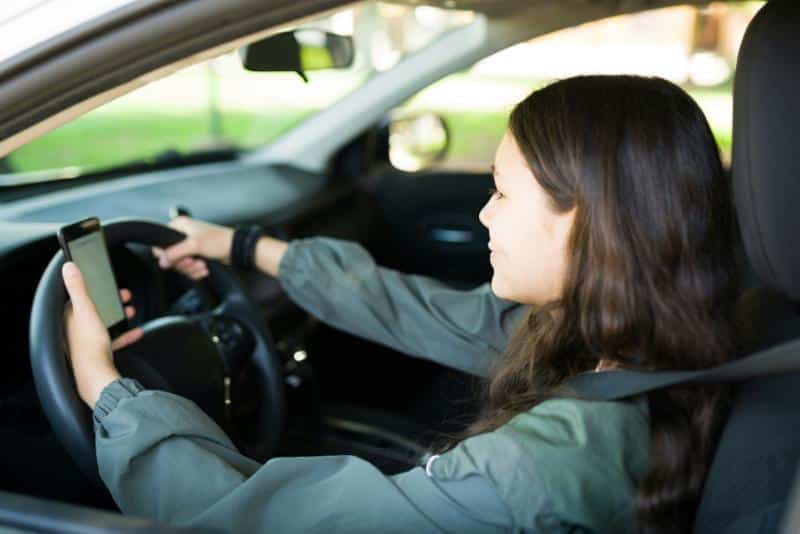When you are out on the road, teen drivers surround you. You might look to your right and see a new driver who just passed their test. You may look to the left and see a teen driver learning the ropes along with their driving instructor in the passenger’s seat.
If you’re one of these teens, you may feel a lot of excitement about driving. You’re growing up, and this signifies that. Driving comes with responsibility, though, and you must obey all traffic laws.

If you crash your car or one your parents lent you, you should know the proper procedure in the moments afterward. You may wonder about wrecks caused while driving someone else’s vehicle, though. Must you follow different rules in those situations?
We’ll discuss in the following article what teen drivers should do if they wreck a friend or parent’s car.
Don’t Ever Flee the Scene
First, you should know that you must never flee an accident scene, whether you’re driving your own car or one that someone else owns. Fleeing a crash scene will bring felony charges if the police catch you, and they probably will. Remember we’re living in an era with traffic cameras all over. It’s highly likely one picked up your license plate number if you drove off after causing a wreck.
Get Out of the Road
If you can get out of the road following a car wreck, do that. See whether you can pull onto the shoulder if you’re on the highway. If you’re on a local road, see whether you find a parking lot nearby. At a minimum, get out of traffic. You can cause additional crashes if you leave the car sitting there in one of the active traffic lanes.
If you can’t operate the vehicle, then you must leave it. Getting yourself and anyone else safely off the road should come next.
See Whether You’re Hurt
Once you’re off the road, see whether the wreck injured you. You should check yourself carefully and assess whether you have any broken bones, cuts, bruises, etc. You should also check your passengers, if you have any.
Next, you can see whether you hurt the other driver or any passengers in the other car. If you see any injuries, call 911. Even if you don’t see any injuries, calling 911 should happen next. You can report what happened, your location, and any other pertinent details.
Tell the Police What Happened

When the police come, you can tell them what occurred. If you need medical attention first, this conversation can wait. You may need an ambulance ride if you’re badly injured. Hopefully, medical personnel will arrive pretty quickly.
If you’re unharmed, you can tell the police what happened there at the scene. They’ll want your driver’s license and proof of insurance, as well as the vehicle’s registration. If you’re driving someone else’s car, you can tell the police at this point. That’s a crucial detail they should know.
If it’s not your car, tell the cops who owns it. If you’re in the vehicle with the owner, you can tell the police that. Once they have taken your statement, you can figure out how you’ll get the car home.
Getting the Vehicle Home
Teens who have damaged a friend or parent’s car may feel shaky after a wreck. You might call a tow truck that can come and get the vehicle if you feel like you can’t drive it after the accident. However, if you feel okay and the car still starts without any issues, you might drive it home or back to the owner’s house.
Once you get the vehicle home, you can tell the owner what happened if they don’t know about it already. You must deal with the authorities first, but then, you must tell the owner the bad news.
If it’s your parents, you can tell them what happened. Maybe you didn’t cause the accident. If so, your parents should not feel too upset. They’ll probably feel relief because the crash didn’t harm you.
If it’s a friend’s car, you can call and tell them about the accident, or maybe you’ll drive the vehicle directly to their house so they can assess the damage. Once the owner knows about what happened, you must contact the insurance company.
What Comes Next?
Whether you caused the accident or not, you must tell an insurance company representative about what happened. You can give them the facts, but don’t lie, and don’t embellish.
Just give them a quick play-by-play of the accident without speculating about whether you caused it, even if you feel that you did. You can determine that later. For now, just give them the facts briefly and succinctly.
After that, you must figure out your next move. You might hire a lawyer if someone else caused the wreck and they hurt you. Their insurance may cover the medical costs while you’re recovering, but not always. Insurance companies often won’t pay when you file a claim if they think they can get away with it. They’re for-profit companies, so they don’t like paying out any money if they can avoid it.
You may have some court appearances coming up. You and the other driver might face off in court if you don’t agree on who caused the wreck. Hopefully, you can resolve the situation amiably and expediently.

As a teen driver, you may not have much confidence. If you cause a wreck, or if another car hits you, that might leave you feeling devastated. You might feel guilty if you didn’t own the vehicle, especially if your driving mistake caused the wreck.
You should know that many teens cause accidents, and it’s not the end of the world. You must learn from what happened, though. Don’t make the same mistake again. Once you get back on the road, you can start logging some driving hours and regain your confidence.
